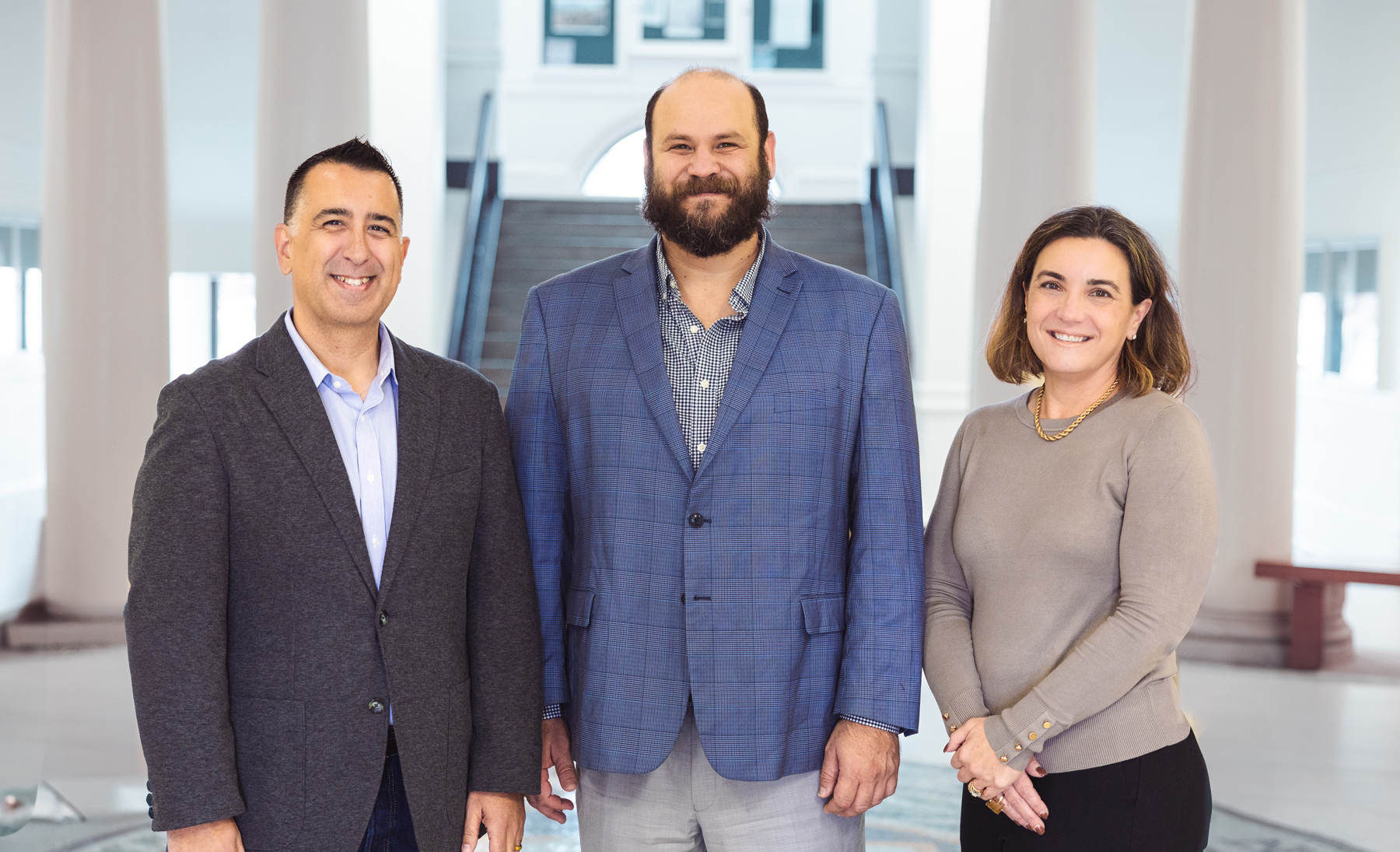
The Mellon Foundation awarded Texas A&M University a $4.6 million grant to establish collaborations between humanities scholars in the College of Arts and Sciences and environmentally vulnerable communities. The grant, which is the largest ever awarded by the Mellon Foundation to any school in The Texas A&M University System, drives research-based, impactful change around environmental issues in Texas and beyond. Dr. Darrel Wanzer-Serrano, with Texas A&M University College of Arts and Sciences, said “At a large, land-grant, Research One, Hispanic-serving institution like Texas A&M, we can, should and are making this critical work a priority.”
Wanzer-Serrano, who is the director of the Race & Ethnic Studies Institute (RESI) and an associate professor in the Department of Communication & Journalism, noted the relevance of this environmental humanities research as it affects Texans. “The aftermath of Hurricane Beryl is a stark reminder that we need the focus this initiative will bring to creating informed solutions for our local communities and around the world. One week after Beryl came through, hundreds of thousands of people remained without electricity in and around Houston. Twenty-two people died, half of them from hyperthermia in the prolonged blackout. For those who study environmental justice, this was not a surprise because vulnerable communities frequently face disproportionate and compounding effects due to environmental degradation and infrastructure neglect.”
This effort emerges at the intersection of the priorities of the College of Arts and Sciences’ RESI, the Environmental & Sustainability Initiative, and college-level Hispanic-Serving Institution (HSI) initiatives. The grant will establish a tiered community engagement model informed by innovative humanities-based, community-engaged research. During the five-year grant period, the initiative will operate under broad but interconnected goals involving research, community engagement, student involvement and scholarship, ensuring a sustainable educational infrastructure. The initiative builds a diverse cohort of scholar-teachers in the humanities engaged in research and education around environmentally vulnerable communities. The grant and its activities will support the creation of durable research infrastructure for cross-disciplinary collaboration and expand networks with community organizations. Wanzer-Serrano is leading the grant’s strategic objectives with co-principal investigators Drs. Wendy Jepson and Omar Rivera. Jepson, a Chancellor’s EDGES Fellow and University Professor in the Department of Geography, is director of Texas A&M’s Environmental & Sustainability Initiative and Environmental Programs. Rivera, an associate professor in the Department of Philosophy, is associate dean for faculty initiatives.
The aftermath of Hurricane Beryl is a stark reminder that we need the focus this initiative will bring to creating informed solutions for our local communities and around the world.
For Jepson the grant marks a pivotal moment in environmentally vulnerable community research and education at Texas A&M. “This grant will allow us to build a dynamic community engagement model that prioritizes collaboration with communities, empowers students and fosters meaningful change,” she said. “By establishing a community advisory board, creating a robust community-university network, and providing opportunities such as internships, fellowships and experiential learning, we are equipping the next generation of scholars and leaders with the tools to address environmental emergencies locally and globally.”
Rivera noted that the grant builds on the strengths of the college: “The College of Arts and Sciences is the home of highly accomplished researchers that are poised to play a significant role in the betterment of the lives of local, national and global communities, and this grant makes this possible. With the support of the grant from the Mellon Foundation, humanistic inquiry will operate on equal footing and in dialogue with the sciences, demonstrating the relevance of the humanities for addressing our most significant societal and environmental challenges.”
Wanzer-Serrano also sees this grant as aligned with the university’s core values: “Texas A&M already has the infrastructure to work with community members in a fair and equitable manner, which supports its core value of selfless service.”
Dr. Mark Zoran, dean of the College of Arts and Sciences and professor of biology, said the Mellon Foundation grant underscores the vital importance of interdisciplinary collaboration as Texas A&M addresses pressing global challenges.
"I'm excited about the potential of this initiative to inspire positive change at the local, national and global levels,” Zoran said. “This is a testament to the power of scholarship to support vulnerable communities and citizens of Texas.”
